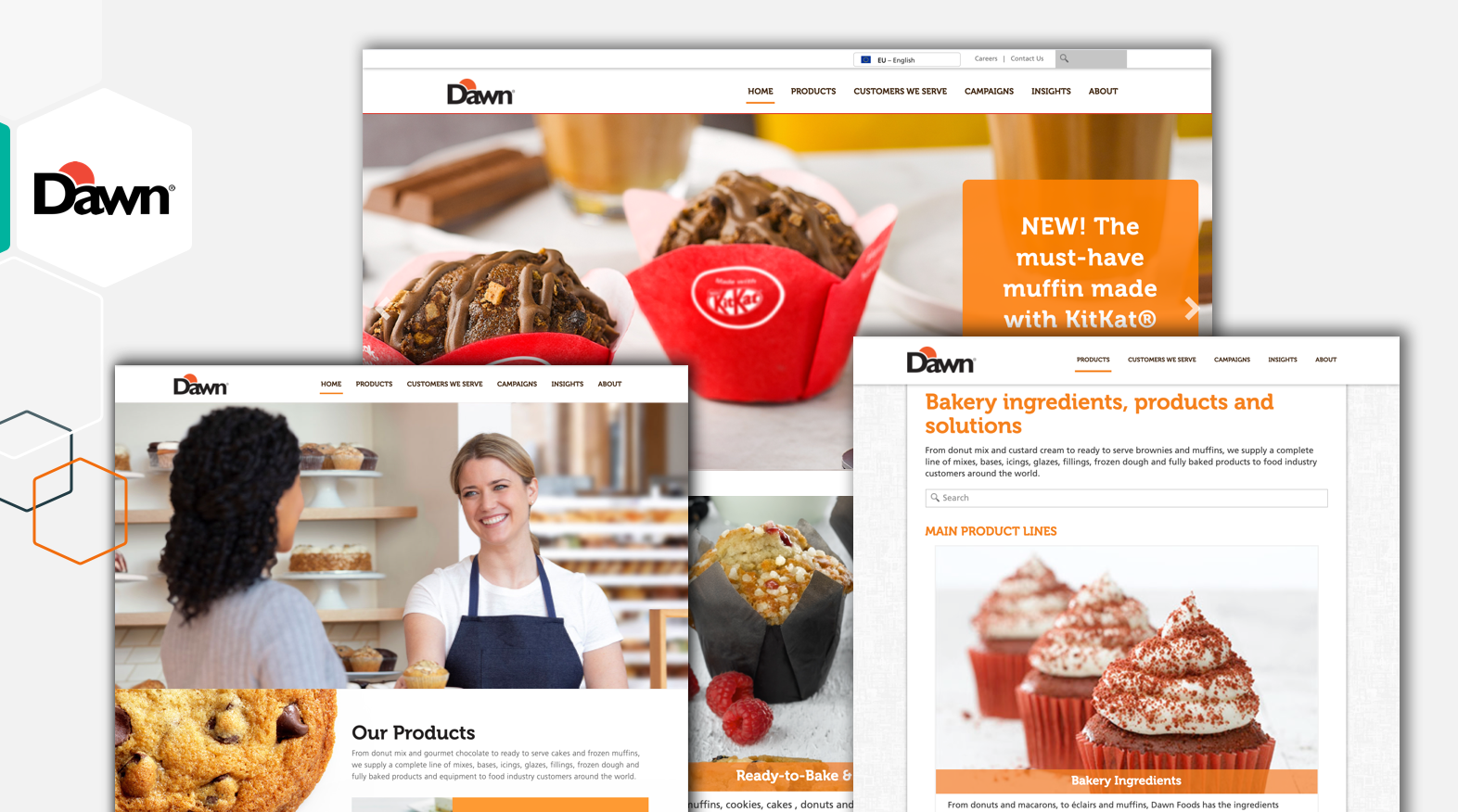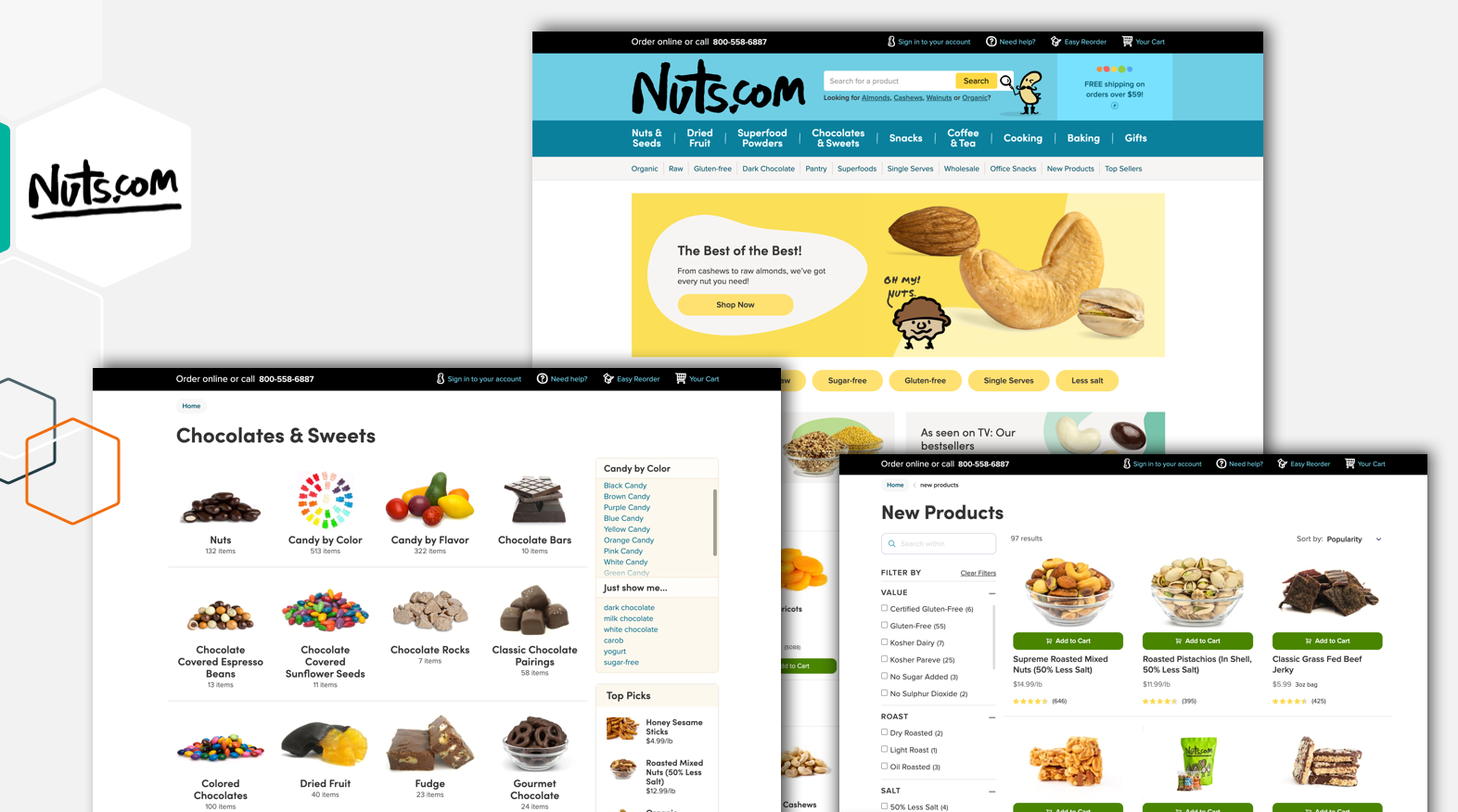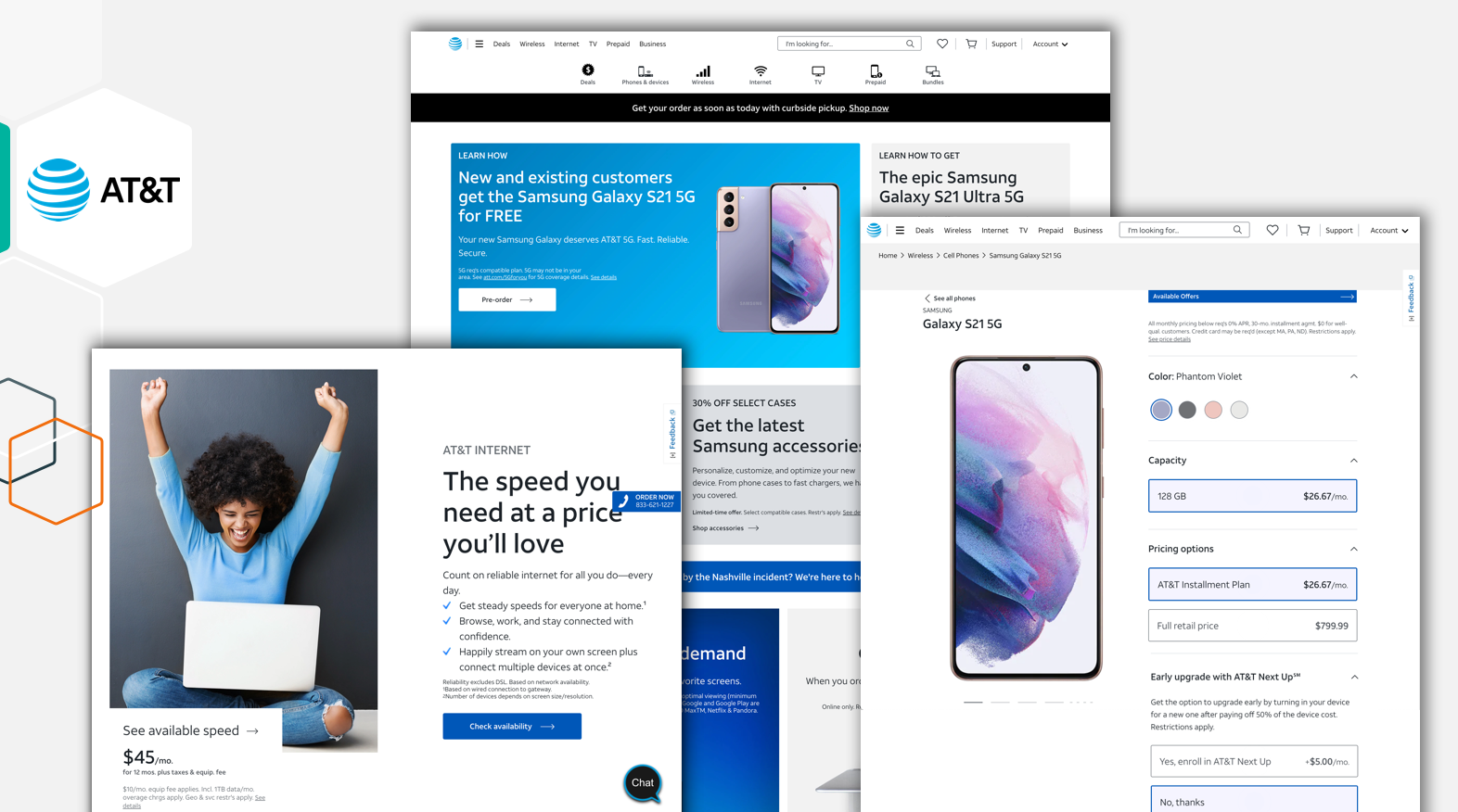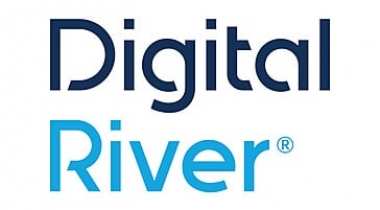commercetools is the world’s leading platform for next-generation B2C and B2B commerce. To break the market out of being restrained by legacy suites, commercetools invented a headless, API-first, multi-tenant SaaS commerce platform that is cloud-native and uses flexible microservices. Using modern development building blocks in a true cloud platform provided by commercetools, customers can deliver the best commerce experiences across every touchpoint on a large scale.
commercetools has offices across the US, Europe, and Asia Pacific, with headquarters in Germany. Since 2010, commercetools software has been implemented by DAX as well as Fortune 500 companies across industries, from retail to manufacturing and from telecommunications to fashion.
commercetools is named a global ‘Leader’ in the 2020 Gartner Magic Quadrant for Digital Commerce, The Forrester Wave™ B2C Commerce Suites, Q2 2020 as well as the IDC MarketScape.




















